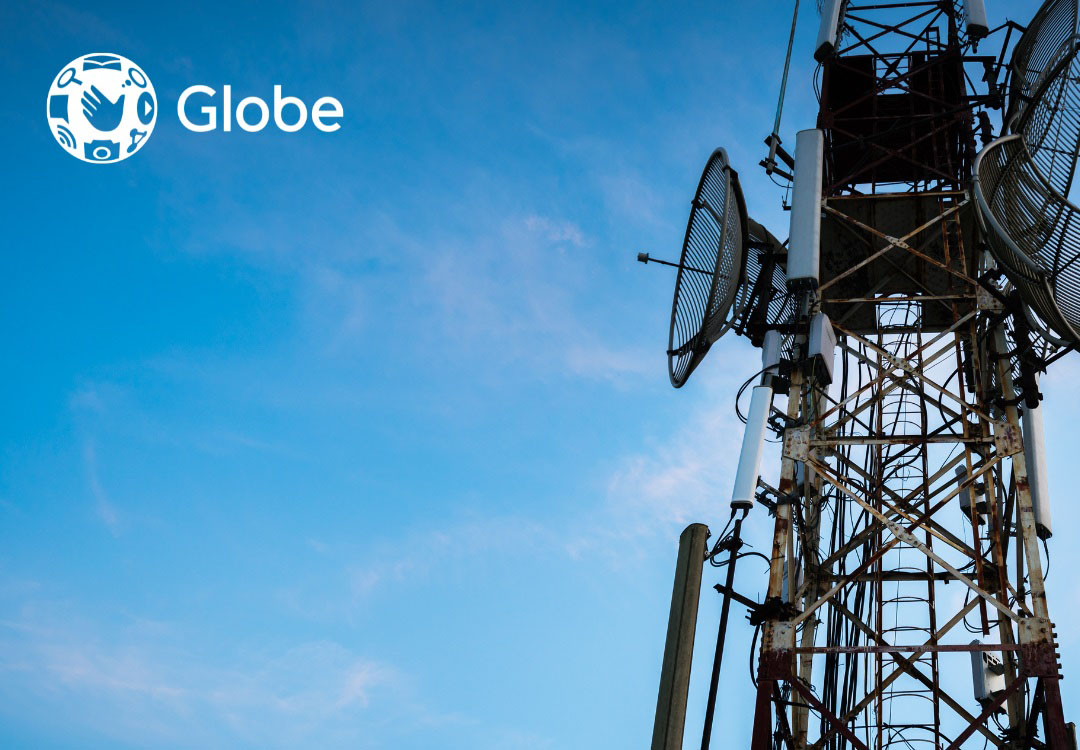Globe reiterates its commitment to support President Ferdinand Marcos Jr.’s call to bring inclusive development to Geographically Isolated and Disadvantaged Areas (GIDAs), following the priorities laid out in the 2025 State of the Nation Address.
In his speech, the President spoke of the continued challenges in remote areas where internet access, reliable electricity, and public services remain out of reach. He pointed out that around 12,000 public schools are still without internet and recognized that while free WiFi sites have grown to nearly 19,000 nationwide, this is still far from enough. He also emphasized the need to strengthen the National Fiber Backbone initiative and provide real access for people in the farthest corners of the country.
“We share the President’s vision to create a future where every Filipino can participate in the digital economy,” said Carl Cruz, Globe President and CEO. “We’ve seen firsthand how critical it is to connect even the most remote communities. It’s not just about putting up cell sites. It’s about giving people a fair shot at education, healthcare, safety, and livelihood.”
The Philippines recently moved up four spots in the 2025 Connectivity Index, as reported by The Economist Intelligence Unit. The improvement shows that various efforts from the telco sector to expand internet availability and affordability are gaining ground. The price of internet services continue to go down on a cost per GB basis. Internet access is also increasing because of continuous builds each year.
However, the country continues to face challenges in access and infrastructure especially in remote areas. As many communities remain unconnected, the goal of providing internet for every Filipino is a work in progress.
“Clearly there are still gaps that we need to address,” said Cruz. “User density per site needs to improve so that quality of service will also improve.”
Globe points out that the sector’s ongoing work with the government to roll out the Bayanihan SIM is a clear path to solving portions of the digital divide. “This is one area where government assistance is put to bear,” said Cruz. “By working together, we’re able to get connectivity tools directly into the hands of those who need them most, especially in public schools and disadvantaged communities.”
The Bayanihan SIM initiative, launched in partnership with the Department of Information and Communications Technology (DICT), provides SIM cards preloaded with 25GB of free monthly data. With the entire telco industry onboard, the program aims to benefit a million individuals nationwide.
Globe’s pilot rollout was held at Kalawakan Elementary School in Doña Remedios Trinidad, Bulacan, where students, teachers, and parents in a GIDA community received free SIMs with ready-to-use data. This initiative complements Globe’s broader infrastructure efforts to reach more GIDAs and expand access where it’s needed most.
In 2024, Globe also deployed 51 solar-powered cell sites in off-grid areas where power lines have yet to arrive. These new sites are now delivering mobile service to places that had long been disconnected, supporting daily learning, communication, and access to public services. By combining on-the-ground infrastructure with meaningful, data-enabled access, Globe is helping advance the President’s vision of a more connected and inclusive Philippines.
To accelerate rollout in GIDAs, Globe works closely with local governments to streamline permitting and gain community support. Through its partnership with DICT, the company has also activated free public WiFi in libraries and schools in underserved municipalities.
Support for students and teachers extends beyond connectivity. Globe has distributed LTE pocket WiFi devices, SIMs with free data, and Globe At Home Prepaid WiFi kits in schools with limited access to digital tools. In addition, its KonekTayo WiFi service brings affordable, load-based internet to low-income households in remote communities.
These initiatives align with the government’s efforts to modernize education, strengthen disaster preparedness, expand e-governance, and bring digital inclusion to every region. Globe also continues to advocate for building reforms that can support long-term connectivity, such as the inclusion of dedicated telco rooms in new buildings, one canal policy and ease of doing business.
Globe remains committed to being a reliable partner in nation-building, working alongside government and communities to build a future where access to digital services is no longer a privilege, but a basic right for every Filipino.



